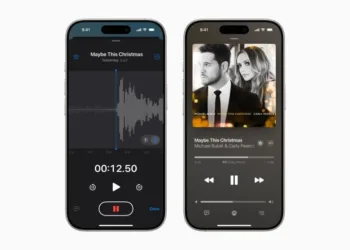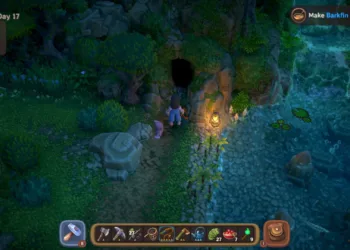In a recent turn of events, a former researcher from OpenAI has publicly criticized the organization, alleging violations of copyright law and claiming that ChatGPT is detrimental to the internet. The allegations suggest that the AI development company’s practices are not only legally questionable but also pose a threat to the integrity of online content.
The researcher, speaking out against OpenAI, argues that the training data used for ChatGPT includes copyrighted material without proper authorization, raising significant concerns about intellectual property rights. This assertion, if proven true, could have far-reaching implications for how AI models are developed and deployed.
Furthermore, the former employee contends that ChatGPT’s capabilities could lead to the degradation of internet quality, as automated responses generated by AI may undermine original content creators. Critics have raised similar concerns in the past, questioning whether AI tools could contribute to the spread of misinformation and dilute the value of human-generated content.
OpenAI has not yet publicly responded to these allegations. As the debate over the ethical implications of artificial intelligence continues, this incident underscores the ongoing discussions surrounding copyright, content creation, and the future of the internet in an increasingly digital world.










